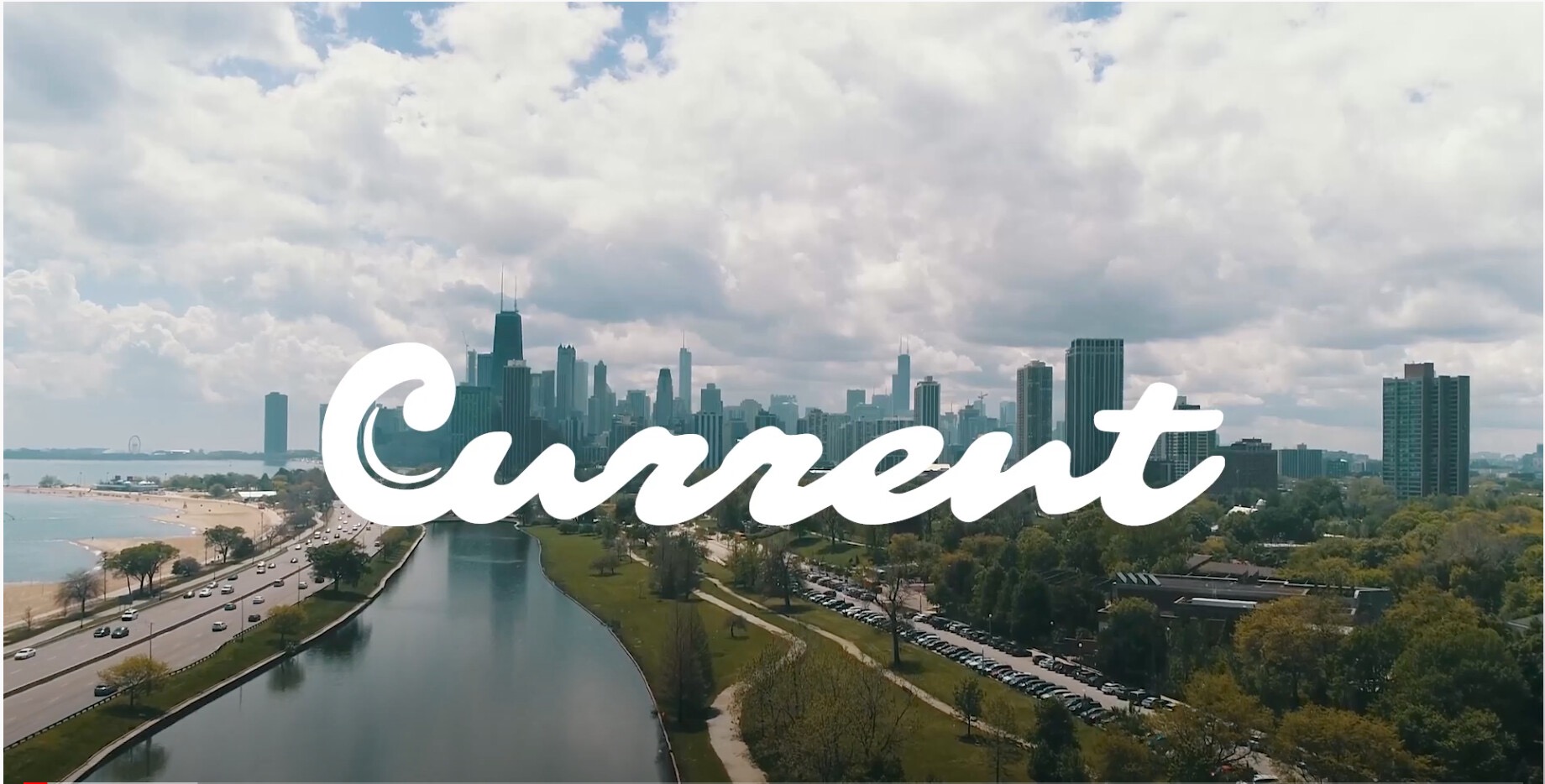
A drop in the lake: The Chicago group working to solve the water crisis
In the midst of the climate crisis, the Midwestern United States has become a kind of oasis. Surrounded by the Great Lakes, this region has convenient access to large bodies of freshwater that are largely unaffected by severe weather events.
But this relative safety is not guaranteed into the future unless proper measures are taken to protect the lakes and the many ecosystems that populate them. And as global temperatures continue to rise, Midwest climate activists are taking a stand.
Current is a Chicago-based organization that collaborates with environmental groups across Illinois and the greater United States to support water innovation. Their goal: prevent future water crises and protect the health of the Great Lakes.
“Chicago, as a city on the Great Lakes and an interesting history with the Chicago River, is intrinsically tied to water,” Salman Khan, a Marketing Communications Intern at Current, said. “As a source of freshwater for much of the country, Chicago is the strongest place for us to be working and developing.”
Since its inception in 2016, Current has raised approximately $45 million for inclusive economic development and educated more than 30,000 people through programming and events.
Now, the group is leading Great Lakes ReNEW, an effort to extract valuable minerals and PFAS– toxic forever chemicals– from wastewater.
According to their website, Current is anchoring the project “for the people and communities in our region most harmed by economic and environmental injustice. Because, in a world of increasing water and resource scarcity, ‘waste’ has no place.”
“The goal of ReNEW is to pair economic development with wastewater management,” Alaina Harkness, Current CEO, said. “We’re trying to bring solutions to markets that ensure drinking water is clean across the board, and employ the people most affected by contaminated water in the process.”
The United States Environmental Protection Agency has stated that overburdened and economically distressed communities face a disproportionate share of negative environmental consequences. These can include inadequate drinking water and wastewater infrastructure.
Current aims to tap into these communities as a means of creating a more equitable water landscape in the Midwest.
Its Blue EDU program gets children involved from as early as kindergarten by providing free K-12 lesson plans about a range of environmental and water-related topics. Current also has a full-fledged high school curriculum that can be adopted by local schools by request, at no cost to the educators.
“The people experiencing water inequality are also the most vulnerable in other areas, like education and employment,” Harkness said. “We want to get their children excited about STEM from a young age, we want to connect them to high paying jobs, and we want to get them involved in a solution to this problem.”
The solution, according to Current, involves repurposing chemicals in wastewater that are harmful when ingested.
Extracted minerals like cobalt, lithium and nickel will be used for onshore battery production. An abundance of these materials can lead to increased manufacturing and, as a result, a rise in job availability.
Excess nutrients like phosphates and nitrates will be kept out of waterways and put to better use in the agriculture sector. When directed back into manure and fertilizers, they can help plants grow.
Great Lakes ReNEW includes projects being conducted in Illinois, Ohio and Wisconsin, with a variety of industry leaders, national labs, and universities partnered to advance these efforts. Any and all product testing will occur in the Lake Erie Watershed Testbed for proficiency.
With the help of a recent $14.7 million National Science Foundation Engine award, Current hopes to use ReNEW as a means of getting a few steps ahead while it still can. The future of the Midwest is uncertain, but the group hopes it can help to mitigate future impacts of the climate crisis.
“The NSF Engine will discover, develop, and deploy innovative viable technologies that create an innovation ecosystem to foster employment, ownership, and wealth-building opportunities for people and communities, especially those most in need of economic opportunity,” the NSF said in a statement.
This funding will open doors for the organization to expand its reach and awareness of the Great Lakes ReNEW project, all in the name of turning waste to wealth. And if its goals are met, Current can receive up to $160 million in awards from the NSF over the next 10 years.
“We’re getting sustainability in all reaches, from education to the business world and venture capital and nonprofits,” Khan said.
The Chicago-based group is looking to apply its wastewater solutions throughout the Midwest, the greater United States and eventually on a global scale.
Post a comment